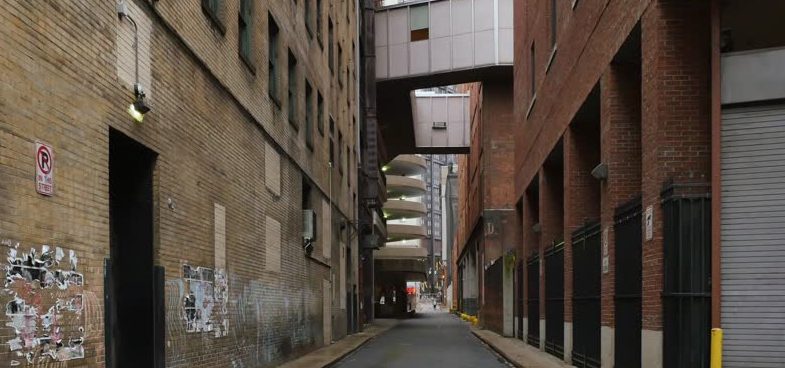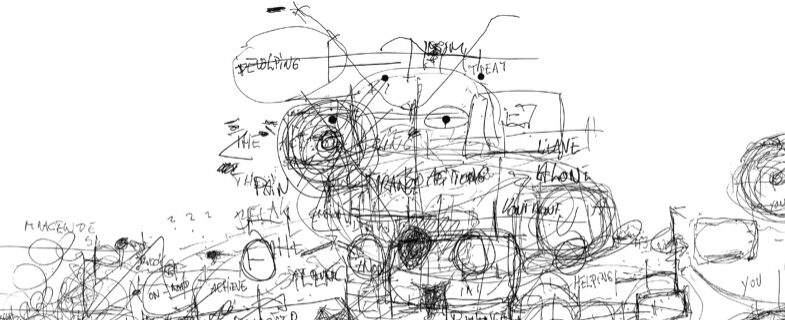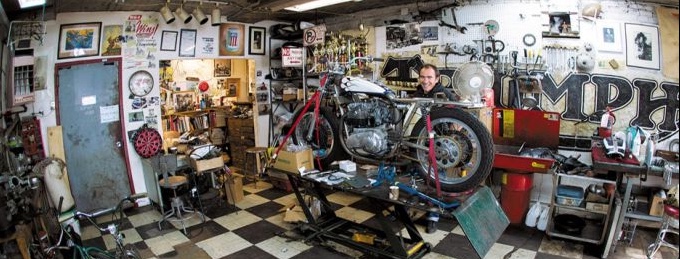To start at the beginning of the story go here.
We drove east out of town, up the same mountain road that Brick and Whip had taken me. I rolled down the window so I could feel the ocean wind on my face, increasingly dryer as we rose towards the blazing afternoon sun. We continued past the empty real estate developments that dotted the hills outside of Old Town and climbed until the road leveled off. It was nestled in between the grey granite of stark mountains and distant, isolated buttes that made it feel like it was surrounded by its own massive fortress. This high up, the air became cooler with a tang of winter still in it even as the leaves of every plant shimmered emerald in the afternoon’s golden sun.
Inland, to the north, I could see neat rows of a vineyard, stacked up a hillside, each separated from the next by rich, dark soil. The estate was crowned by a multi-story, angular home of wood and glass at the highest point, overlooking all. You could almost smell the wine and the money.
Soon the scenery began to repeat itself with other similar plantations as we went deeper into the remote enclave of wealth. Riding the road, caught between the spring green of the hills and the cool mountain breeze, it was hard not to see the charm. The only structure that wasn’t a remote mansion was a small church, its single bell tower reaching towards the blue sky with stone walls white and resplendent in the Mediterranean sun.
After nearly an hour of silent driving, Atwell stopped the Citroen on an empty stretch of road. From our position on the pavement, he pointedly looked down a gravel road that sprouted perpendicular from the main drag. Almost invisible within the foliage around it, the drive completely disappeared as it travelled through walls of green vines that climbed up trestles erected on either side. In the distance, a terracotta roof floated just high enough to be seen.
Atwell said, “That’s it.” It was hard to ignore that the narrow path into the estate would make a perfect funnel for whatever ambush someone might care to lay. I ignored that to say, “OK. Let’s go.”
Atwell carefully maneuvered the car onto the drive. After driving under the cloudless sky for the entire ride, disappearing into the shade of the vines, spiked through with bucolic sun, was pleasant enough to feel like the trap I was worried about.
There was no explosion, though, no IED or claymore, but as Atwell trundled the car down the graveled path, two of Sartre’s rooks stepped out from the bordering vegetation. Both were visibly armed, black machine pistols to match their dark suits.
Atwell wisely brought the Citroen to a stop several yards away. One of the rooks stepped forward, moving towards the driver’s side. Atwell cranked down his window and put on an official face. With all of us tired and dirty, the pretense of dignity struck me as so absurd I had to stifle laughter.
The rook hadn’t quite bent all the way down to the window before he started into a prepared smokescreen about us being on the private property of Madame Sartre. Atwell interrupted him. “We are not here to see madame. We are here to see Sartre.”
The rook moved his pencil mustache in a way that roughly translated into, “Who the fuck are you?” Before he could vocalize that, I added, “Tell Sartre it’s the Americans.”
The skin around the rook’s sunglasses furrowed, radiating dark doubt. Whatever the tiny yellow car had delivered to the estate, though, was strange enough that he said, “Wait here.”
We waited while the rooks conferred. Eventually until some unknown signal passed to them and they parted, stepping out of the road and gesturing us on. Atwell gently pressed down on the accelerator and we rumbled down the drive.
The narrow, vine-bordered path opened out into a yard of dark brown dirt that encircled a stone well. Directly on the other side was a three-story house with a burnt orange facade and blue shutters, a mosaic running the border between these and its green terracotta roof. All of it bore up against the mountain sun with a stolidity that spoke of generations. It was modest in comparison to the newer villas that had been built in the valley’s wine country. Something that might have once been a horse stable, now a converted carpark, stood to the right of the house filled with the slick, black cars of Sartre’s cavalcade.
The picture of quaintness was only ruined by the two guards standing in the yard, each visibly armed with tubular submachine guns. They shifted in their positions, waiting for whatever we might do next. I gestured for Atwell to park next to the well.
A stout old woman stepped out into the villa’s doorway, wiping her hands with a towel. She squinted at the Citroen as if its yellow were the brightness of the sun. A third rook followed her, hovering nearby, held at a distance by what appeared to be the conflicting forces of orders to protect her and a fear of her.
Everyone outside of the car stared at everyone in the car. Atwell asked, “Now what?” The word “dumbass” was unsaid at the end of the question.
Confident they weren’t going to gun us down in front of the old woman I said, “Now we get out.” I stepped from the car, standing tall to give everyone a target in case I was wrong.
To read the next chapter, go here.
To read the previous chapter, go here.
To read the author’s published work, go here.
Read More »

























